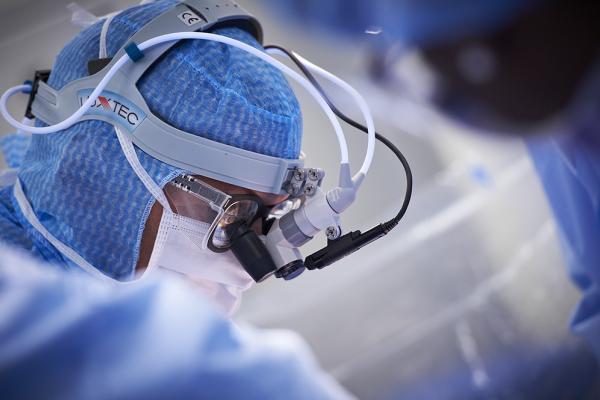Distinguishing between a cardiologist and a cardiac surgeon can be as tricky as understanding nuclear stress testing Port Saint Lucie. Yet, it’s vital. Both professions play significant roles in heart care. However, their expertise and duties differ greatly. This article will unveil these differences. It will help you understand who does what when it comes to your heart health. This understanding, in turn, will enable you to make informed decisions for your well-being. Let’s explore.
Understanding the Basics
A cardiologist is a doctor who specializes in diagnosing and treating heart diseases. They manage conditions such as heart attacks, heart failure, and serious heart rhythm disturbances. They use tests like EKGs, echocardiograms, and exercise tests to diagnose these conditions. They can also do procedures such as cardiac catheterizations and implant pacemakers.
A cardiac surgeon, on the other hand, performs surgery on the heart and blood vessels. They repair heart defects or damage caused by diseases, such as blocked arteries. They can perform operations such as heart valve repair or replacement, heart transplant, and coronary artery bypass surgery.

Comparison of Cardiologists and Cardiac Surgeons
| Cardiologist | Cardiac Surgeon | |
| Education | Four years of medical school, three years of internal medicine residency, and three years of cardiology fellowship. | Four years of medical school, five years of general surgery residency, and two to three years of cardiothoracic surgery fellowship. |
| Role | Diagnoses and treats heart diseases. | Performs surgery on the heart and blood vessels. |
| Tests and Procedures | EKGs, echocardiograms, exercise tests, cardiac catheterizations, pacemaker implantations. | Heart valve repair or replacement, heart transplant, coronary artery bypass surgery. |
Choosing Between a Cardiologist and Cardiac Surgeon
Most people will see a cardiologist when they have a concern about heart disease or if they need a diagnosis. Cardiologists can manage most heart conditions and often work with your primary doctor. If surgery is needed, the cardiologist will refer you to a cardiac surgeon. To learn more about these specialties, visit the American Heart Association.
Knowing the difference between a cardiologist and a cardiac surgeon is important for your heart health. It helps you know who to see for what, and it guides you in asking the right questions. Remember, this article is meant to inform and guide you. It is not a substitute for professional medical advice.










